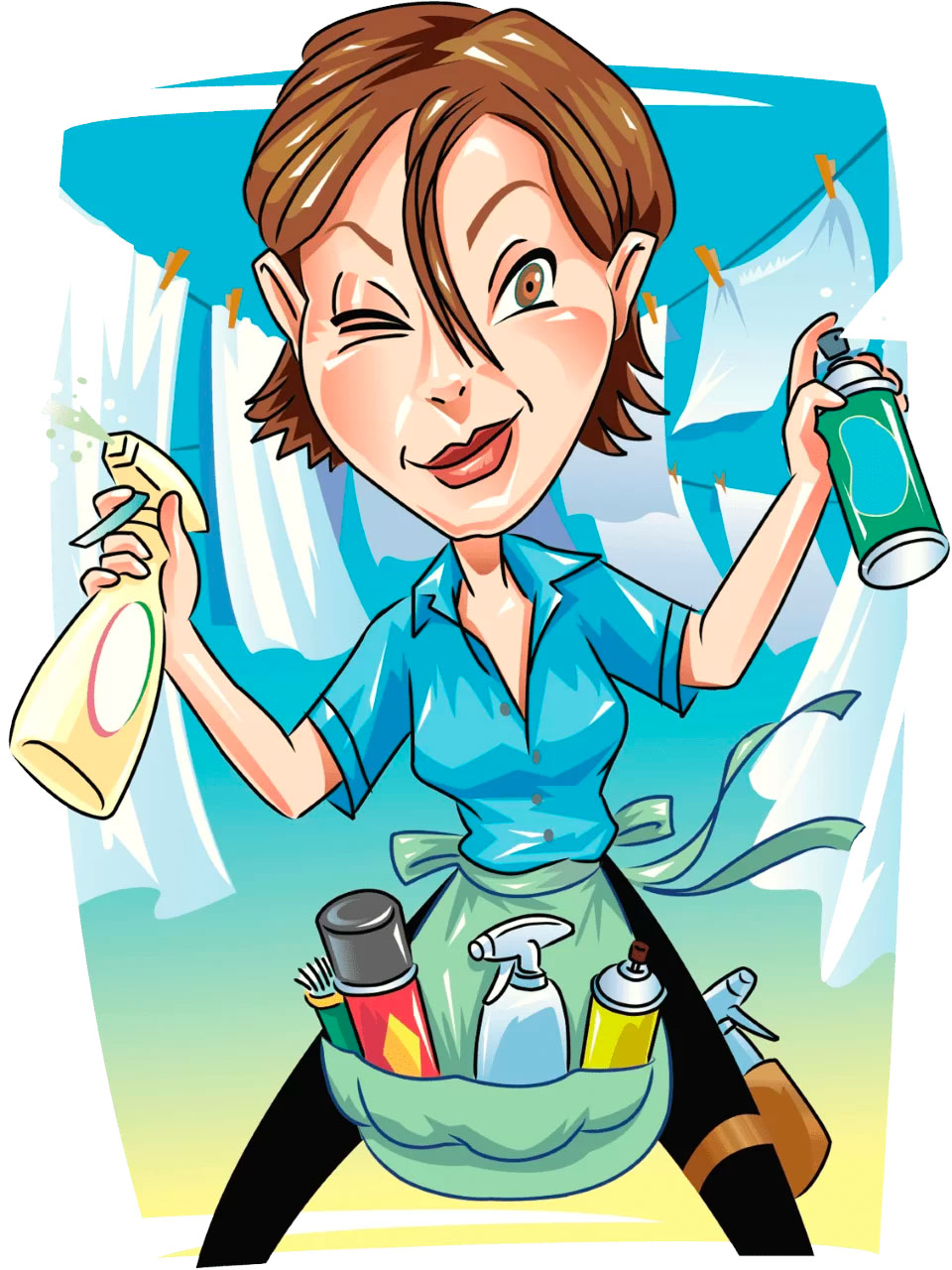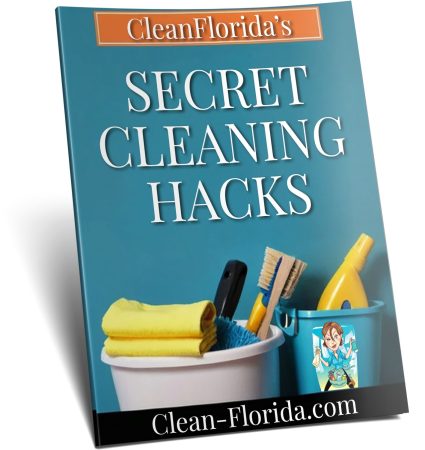
Florida is a land of extremes. Just seven months ago, we were begging for the rain to end as Hurricanes Harvey and Irma wreaked their havoc. Now we are asking for more rain to come as we enter the dry season. In fact, as of February 22 this year, the National Drought Mitigation Center shows Monroe, Miami-Dade, Collier, and Broward Counties as being “abnormally dry,” which is the lowest drought condition. But, this is a sign that conditions could get worse.
Wildfires burn every year, and they will encroach occasionally on residential areas in Florida. This time last year, Florida was one of the most drought-ridden states in the nation. One large wildfire in southern Collier County destroyed homes and large plots of property. There are simple steps every Floridian can take to protect their homes during dry season each year. These range from protecting your lawn to even helping maintain the foundation of your home.
If you live in an area where there is no HOA or your HOA does not provide lawn maintenance, then you need to make sure that excess debris in your yard is disposed of properly. Small fronds, excess pine needles, and decaying debris from trees make perfect fire starters, and it can even help fire spread more quickly. Check with your local Waste Management office or sanitation department to see when they pick up yard debris or schedule a special pickup.
When you water your yard during dry season, water efficiently. Use only what is absolutely necessary, and do it during times of day when the sun is at its least intense, such as dawn or twilight. Sprinklers should be operating properly so you can adjust timers as needed in case of restrictions. It also helps to pick hearty plants that don’t need excess watering and thrive in harsh conditions, such as succulents and vines, and even potted orchids.
To protect your home and some of your more fragile plants, layer sections of your yard with three to four inches of mulch. The closer to the house, the better. When the rain does come, the mulch will hold water for longer. This keeps plants alive longer by keeping the ground wet. The wet earth doesn’t allow for air pockets or softness in the soil, so the foundation of your home stays stronger as well.
Protecting your home from the dry air can be as important as protecting it from a hurricane. The damage is different, but also very costly. Make sure that if you are in an area affected by wildfires you have a plan of action in place, with valuables in an accessible spot in your home in case of an evacuation, and a place to go in case you need to leave quickly.

